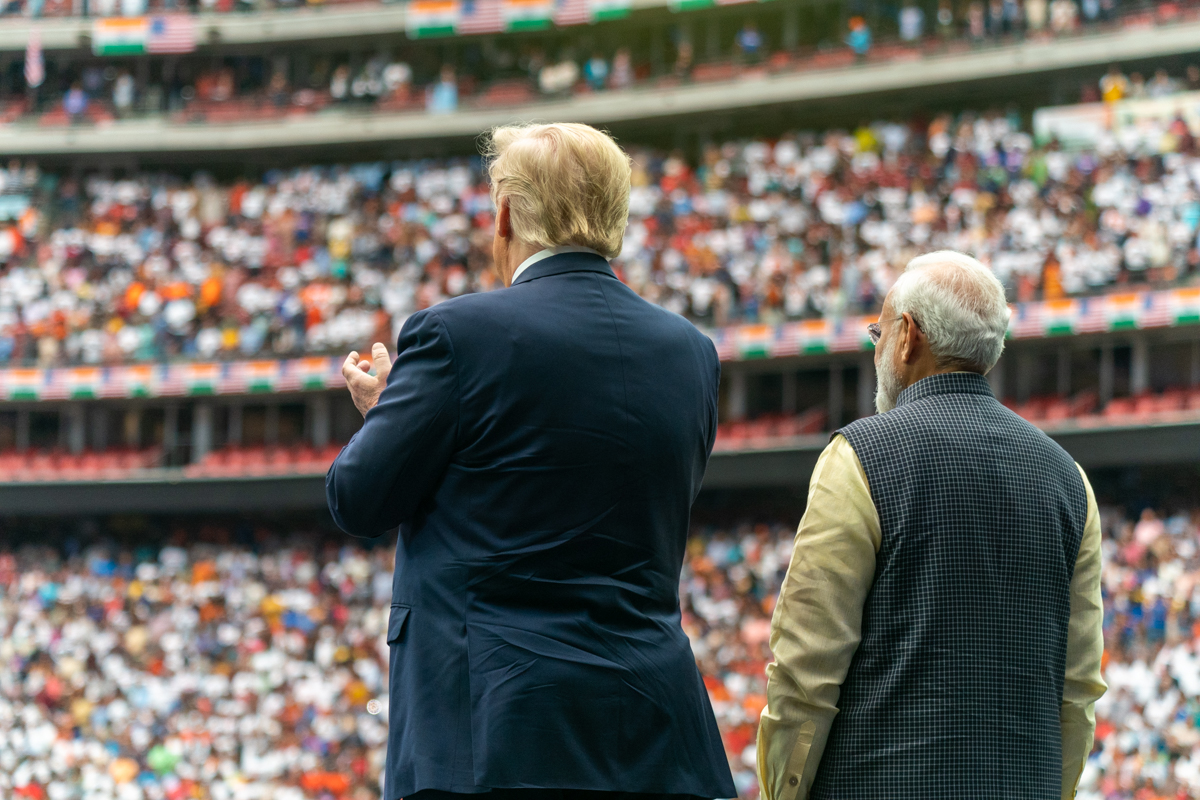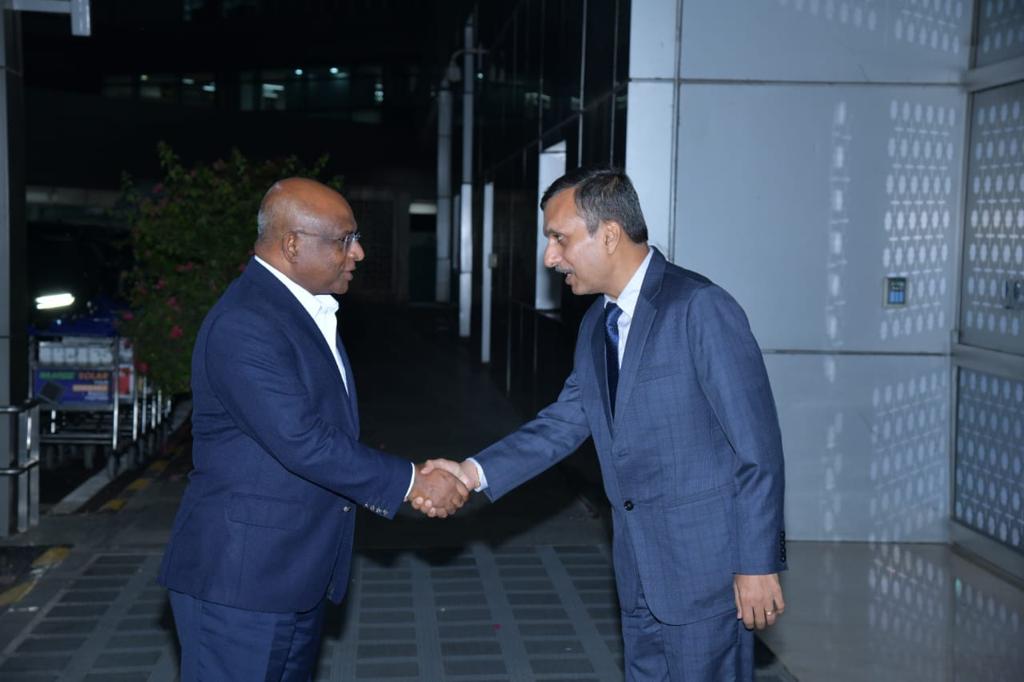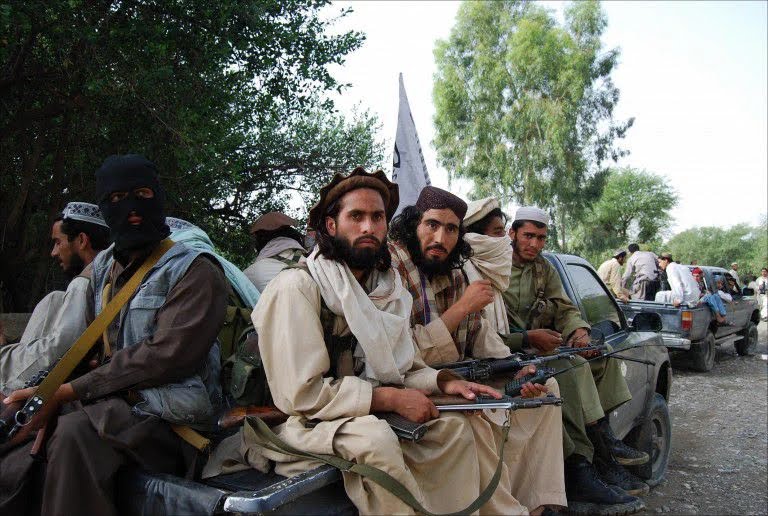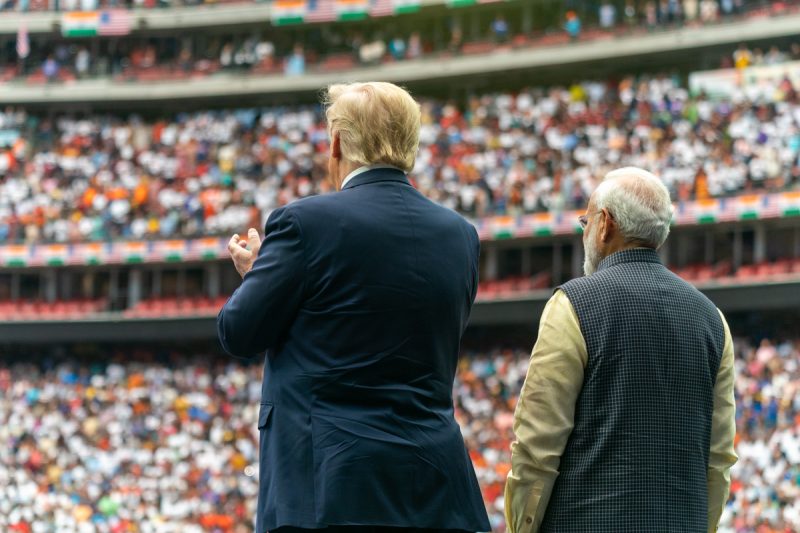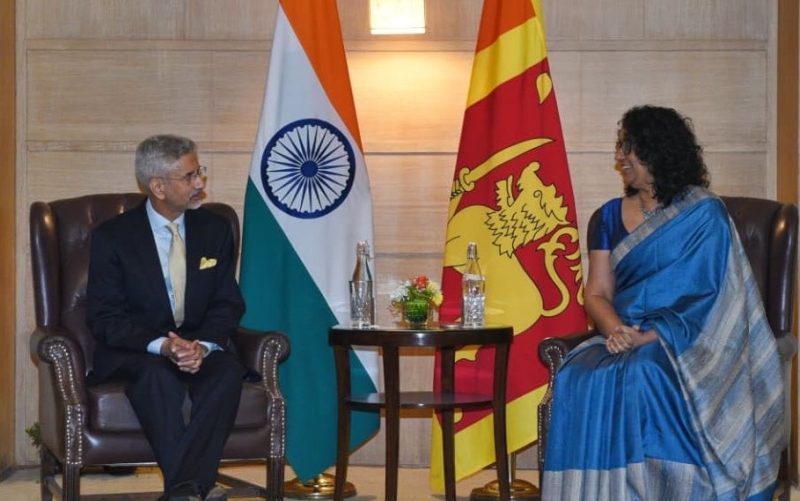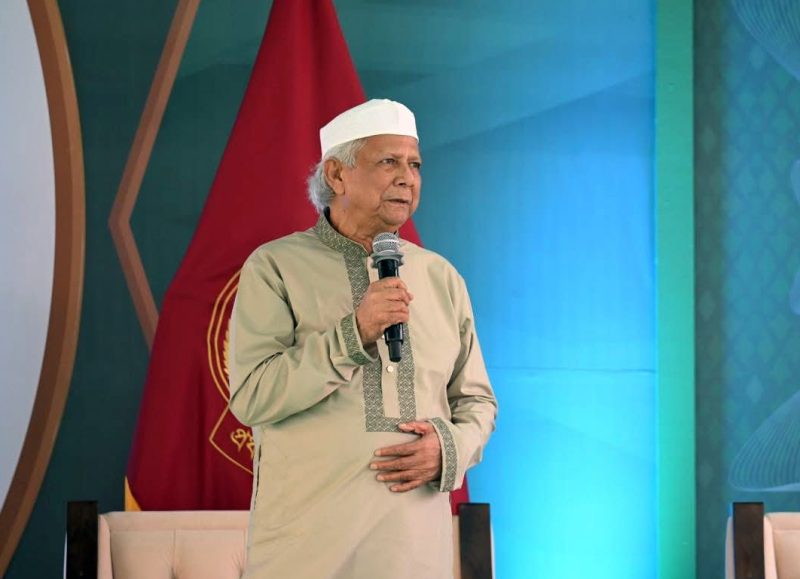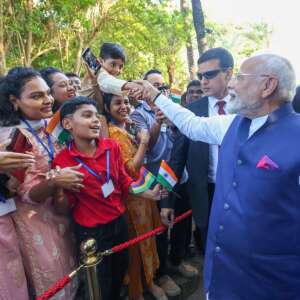Highly placed sources reveal that the recent deaths of top three Khalistani leaders (Panjwar, Nijjar and Khanda) in two months has rattled the radicals. …writes Aayush Goel
In what has come as a major blow to Khalistani radicals across the World the ‘kill India’ protests organised by banned radical organisation Sikhs for Justice (SFJ) in UK, Canada, US and Australia on July 8 all proved to be major flop shows.
While all nations ensured apt security arrangements in wake of the posters released targeting senior Indian diplomats and online hype created by the IT cells of radicals, only a handful of people turned. Barring hurried slogans, raising the rallies remained uneventful and unnoticed. The SFJ supremo Gurpatwant Singh Pannun who has gone into hiding after the murder of noted Khalistani Hardeep Singh Nijjar failed to make an appearance either physical or virtual in any of these protests.
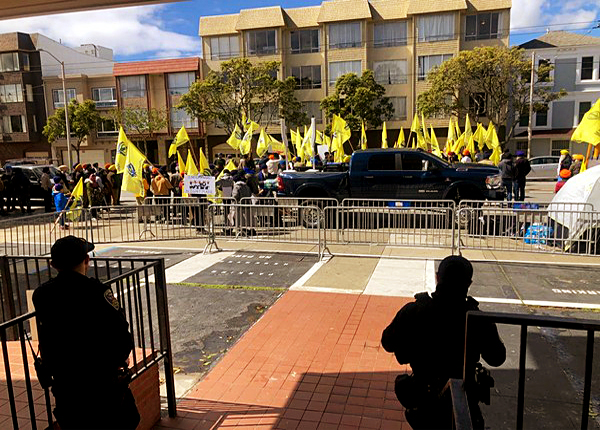
This is being credited to the stern stance of India over the past few months against the Khalistanis and never before action by the National Investigation Agency (NIA). Highly placed sources reveal that the recent deaths of top three Khalistani leaders (Panjwar, Nijjar and Khanda) in two months has rattled the radicals. Shaken the most by the recent murder of Nijjar in Canada, the Khalistani ranks have panicked.
The organization, according to sources, has asked all senior commanders to increase security and take extra precautions. “Stay alive for movement. Increase security” is reportedly the message circulated to Khalistani commanders many of whom have apparently gone into hiding.
The Protest in London was a flop show with just around 30 people turning up. This protest was led by Khalistani designated terrorist Paramjit Singh Pamma wanted by the NIA. He is a member of the Khalistan Tiger Force (KTF). Pamma left India in 1994 and visited Pakistan and started fundraising for Babbar Khalsa International (BKI), a Khalistani organization later joined the KTF.
He is currently residing in Birmingham, UK and is actively associated with the Sikh Referendum 2020 campaign. National Security Advisor Ajit Doval raised the Khalistani activity issue with his British counterpart Tim Barrow in a meeting in New Delhi. He asked the UK government to take strong public action against these elements such as deportation or legal prosecution.
Meanwhile in Melbourne Khalistani supporters gathered in abysmal numbers outside the Indian Consulate on St Kilda Road. Though the rally was uneventful Jai Bharadwaj, editor of The Australia Today, was allegedly physically pushed, abused, and verbally intimidated by supporters of Khalistani extremist movement while he was covering the rally. The protest had no visible impact in the USA as well. The numbers were low in Canada where the Khalistanis are being most active and to further dampen their spirits Indians held a counter Khalistan rally.




